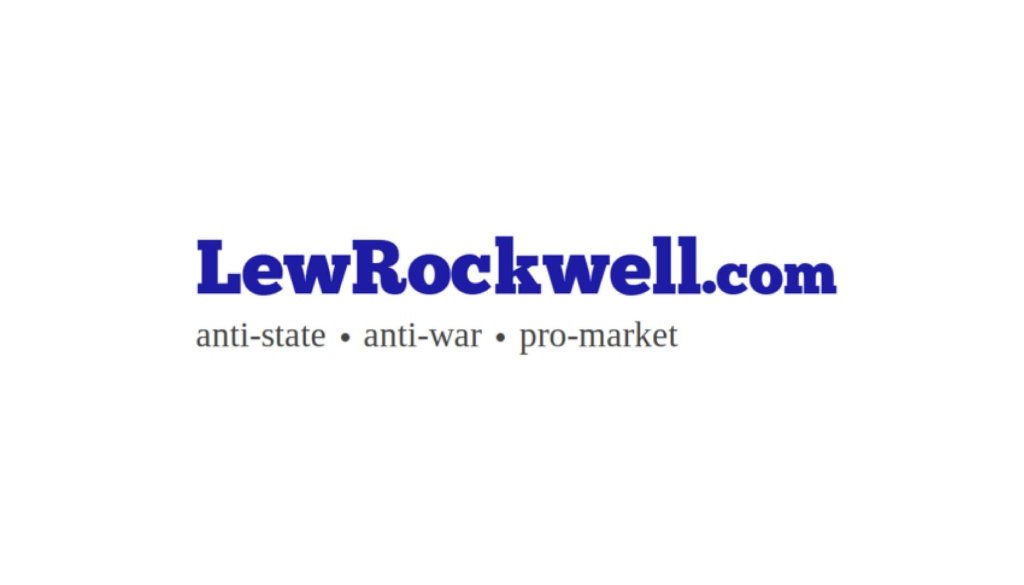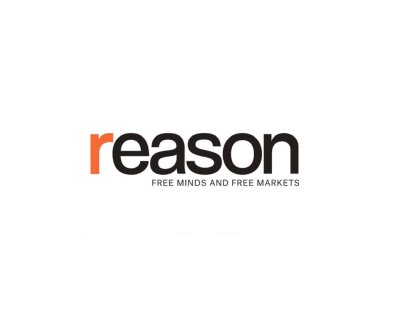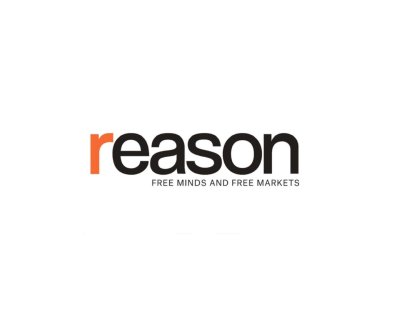The Birth of ‘Irrational Exuberance’
“But how do we know when irrational exuberance has unduly escalated asset values . . .?” — Fed Chairman Alan Greenspan, “The Challenge of Central Banking in a Democratic Society,” December 5, 1996
John Law, the early eighteenth-century Scottish gambler and financier, thought the best way to revive an ailing economy was to remove the “great scarcity of money,” as he wrote in a 1705 monetary tract. A decade after its publication he took his ideas to the Continent and sold them to Philippe d’Orleans, the regent in charge of France’s finances, who needed a scheme more sophisticated than his failed program of coin clipping and confiscation to save the nation from bankruptcy.
In 1716 Philippe set Law up as head of the Banque Générale, the country’s central bank, giving it and him monopoly control of the note issue. Having won the nation’s trust with declarations of allegiance to sound money principles – he had promised his banknotes would be “payable on sight” in unadulterated gold coin – Law proceeded to apply another element of his theory. Because a scarcity of money, he believed, was the root of France’s economic problems, and since banknotes backed purely by precious metals would be in short supply, he began issuing notes “backed” by the nation’s vast landholdings. Exactly how one would redeem banknotes for acreage he neglected to explain.
Very importantly, Law and Philippe also created a trading company called the Compaignie des Indes, a vaporous entity said to have monopoly trading rights in France’s Louisiana territory. Initially, shares in the company could only be purchased with government bonds still on the market, which had fallen to about one-fifth their value. To the public, the trading company and its investment strategy became known as the Mississippi System.
Philippe was very pleased with the results. People from all ranks were buying shares of the Compaignie des Indes. Share prices began to soar. People were trading and speculating with Law’s paper money, and France’s economy was coming alive. Philippe decided John Law was correct that a shortage of money was an economic evil. He was so pleased with the change in the economy he brought government closer to the action. He renamed Law’s bank the Banque Royale and by late 1719 it had cranked out enough new bills to inflate the money supply by a factor of sixteen, no doubt to avert the evil of a monetary shortage.
Article from LewRockwell

LewRockwell.com is a libertarian website that publishes articles, essays, and blog posts advocating for minimal government, free markets, and individual liberty. The site was founded by Lew Rockwell, an American libertarian political commentator, activist, and former congressional staffer. The website often features content that is critical of mainstream politics, state intervention, and foreign policy, among other topics. It is a platform frequently used to disseminate Austrian economics, a school of economic thought that is popular among some libertarians.




